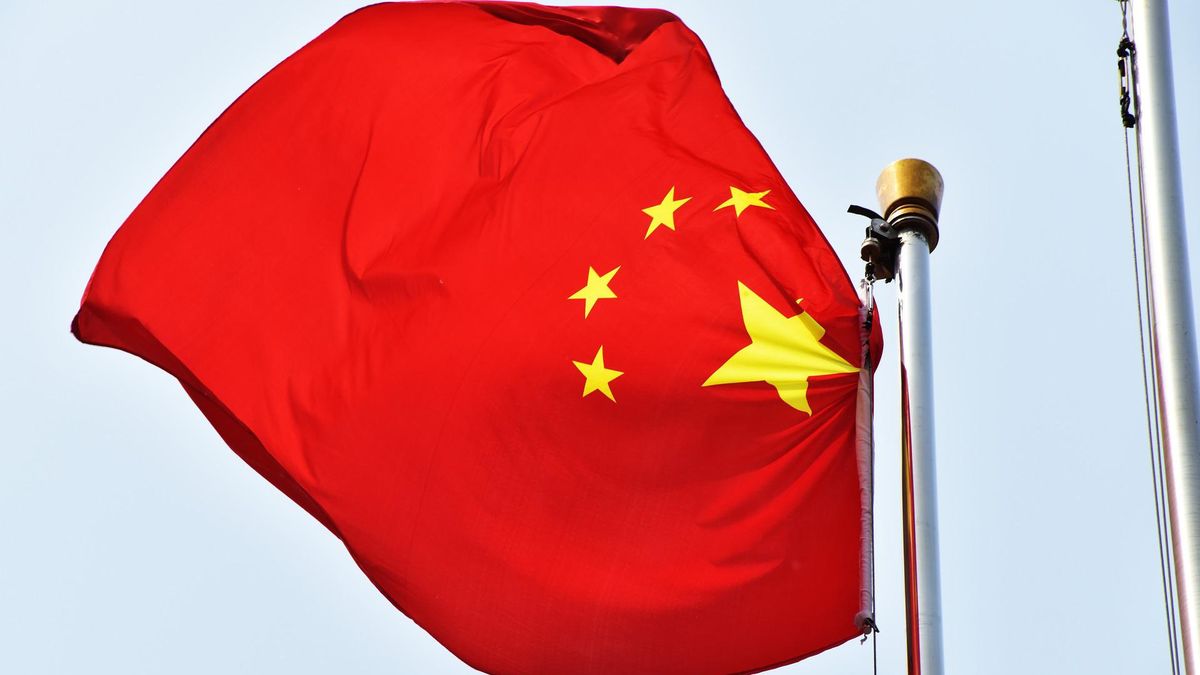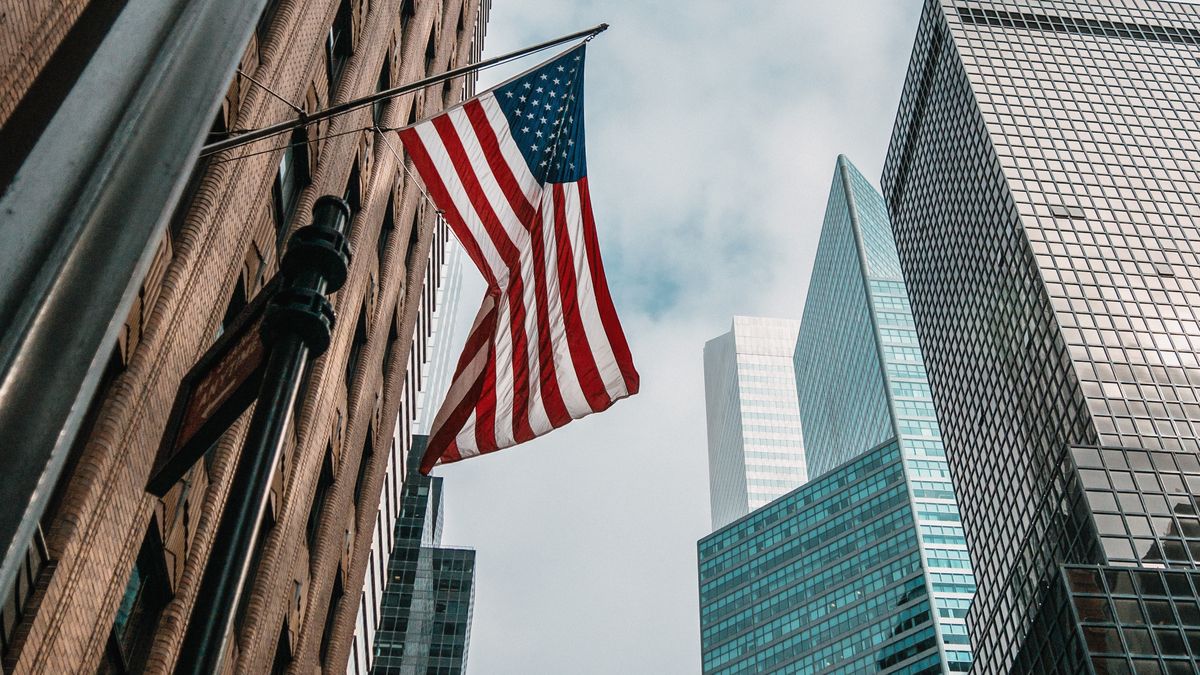Although the details of the announced relief are not known – neither the amount nor the beneficiary countries -, the precedent tells us that the Asian giant will surely examine case by case and design specific strategies with each country. Debt reduction, deferment of loan payments, refinancing and debt restructuring are policies commonly used by the Chinese government towards the region: just to cite one example, in 2018 China agreed to a debt restructuring with Ethiopia, including the $4 billion loan for the Addis-Djibouti railway, extending repayment terms to 20 years.
The situation does not seem to require a complex analysis: for years China’s intention has been for Africa to consider Beijing as its long-term strategic development partner, the power to turn to for investment and generate capital accumulation dynamics.
For China, Africa has two main axes of interest, which are intrinsically linked. On the one hand, the continent plays an important role in the Silk Road, a global infrastructure project to interconnect developing countries and shift the center of the world economy eastward. Under this framework, areas as diverse as commercial, health, infrastructure, and various manufacturing and service industries are benefited. In this aspect, with a greater or lesser ‘spillover effect’, the Chinese objective is covered.
However, the salient feature is the link to the exploitation of natural resources. Chinese trade, loans and investments in Africa are firmly articulated by the Chinese strategic axis of guaranteeing the supply of food, raw materials and fuel.
To this we must add secondary goals, of low economic profitability in the short term, but of relevant political gesture to strengthen ties with the region and, above all, displace other state actors: from Chinese immigration with the consequent implantation of population and links with the metropolis; socio-economic development through credits and preferential loans for the construction of hospitals or the provision of supplies and training to farmers in Africa; the ‘recognition of the country brand’ – for example with the cancellation of debt for 15 African countries worth 114 million dollars during the pandemic in 2020 -; or even military support – with all the geopolitical implications and the dynamism of the defense industry that this entails -, in the fight (“in support of peace and security in Africa”) against terrorism. Of course, always from an ‘African perspective’.
In this sense, the Chinese president, Xi Jinping, insisted that Chinese investment does not entail political commitments, but instead seeks the development of the continent: “We promise that there will be no interference in the internal affairs of African countries, no imposition, no political commitment, no pursuit of selfish political gain”.
Of course, this is a shot at all the various modes of ‘Western imperialism’. Although more direct was the Minister of Foreign Affairs, Wang Yi, who pointed out that he hopes that Africa, together with China, can act together “especially against the various forms of hegemonic practices and intimidation to safeguard, in this way, equity and international justice”.
It is that China does not have relations of semi-colonial subordination over other countries, in addition to lacking the attributes of cultural hegemony with which the Americans and Europeans introduced ‘consensual’ elements in their domination over regions such as Africa in the past. Therefore, the so-called Beijing Consensus is often presented as ‘friendlier’ than the Washington Consensus. And here is an irrefutable truth: Chinese development banks do not impose political conditionalities like international financial institutions, such as the IMF or the World Bank.
Of course, we could be far from saying that China is a “benevolent actor”, since the ‘forgiveness of the debt’ implies the assumption of other commitments: for example, the signing of contracts in exchange for the concession of exploitation rights of raw Materials. On the other hand, Africa imports huge amounts of manufactures and capital goods, generating a trade deficit that is difficult to reverse. To this we must add that Chinese investments are mostly oriented to the production and transportation of these products. And if we also add that the loans are intended, to a large extent, to finance those investments or companies that buy Chinese products, the combo of benefits for China is enviable.
The United States knows this and shouts it from the rooftops every time it can attack its eastern geostrategic rival – albeit with a surgical discourse, so as not to hurt Chinese susceptibilities that could shake the international financial system -: “African countries must be careful with these investments so as not to lose their sovereignty, control of their own infrastructure and resources”.
It is that, from the western side of the resurgent iron curtain, they insist that the relationship reproduces the nineteenth-century scheme of exchange of raw materials for industry and investments in infrastructure linked to the exploitation of primary resources. And these investments are characterized by scarce technology transfer and coercion to hire Chinese companies to carry out these projects (in addition to providing supplies and materials), the obligation to buy Chinese products, or the participation of Chinese companies as successful bidders. in the projects, reinforcing the industrial displacement of the region, and accentuating the reprimarization process.
Of course – and this is something that is not politically correct to mention – the responsibility for this situation does not, by the way, lie entirely with China, but also with the African governments that do not take advantage of the resources to articulate them with a solid endogenous industrialization program. , negotiate technology transfer, or demand associations of Chinese capital with local companies. After all, that is what the growing Asian countries did in decades past, and what the Chinese are doing today. However, one must be honest: it is not easy to argue with the ‘dad who can do anything’ and, above all, ‘the one who gives the money that is needed’.
In the meantime, China limits itself to responding based on the claim of its defense of multilateralism against the unilateralism and protectionism that ’emanates from the West’, assuring that the relations it maintains with Africa are a model of South-South cooperation. That center-periphery theoretical framework that the capitalist democracies of the North promoted, and now abhor under the current complex systemic scenario of the bipolar ‘cold war’.
In this regard, Beijing has promised to increase trade with Africa and has reached agreements with 12 countries on the continent to eliminate tariffs on 98% of the products they export to China. Even more: the Chinese bring up the statistics, the irrefutable quantitative data: those responsible for the vast majority of the debt in which the countries of the South are trapped are Western governments, financial institutions, banks and vulture funds. And not Chinese.
And so we could continue infinitely: within the environment of the social sciences, we can seek permanent repositioning, low blows from one side and the other, with the flexibility and relative truths that a ‘non-exact science’ allows us. Above all, in this world where history is written by those who win; and as we already know, mainly under the hegemonic discourse of the Western media, which still dominates our latitudes.
We could then conclude on how we should position ourselves in this not minor context; or being more concise, what state policy should we have to project ourselves under a consistent and beneficial global logic. We might think that pragmatism, surgical analysis and, above all, intelligent action, would be the greatest virtues that we should have in our already complicated ‘third position’. It sounds easy, but it is not. Above all, while our domestic miseries continue to hinder us from understanding the strategic relevance of a dynamic world that keeps turning.
Economist and Doctor in International Relations. Twitter: @KornblumPablo
Source: Ambito




